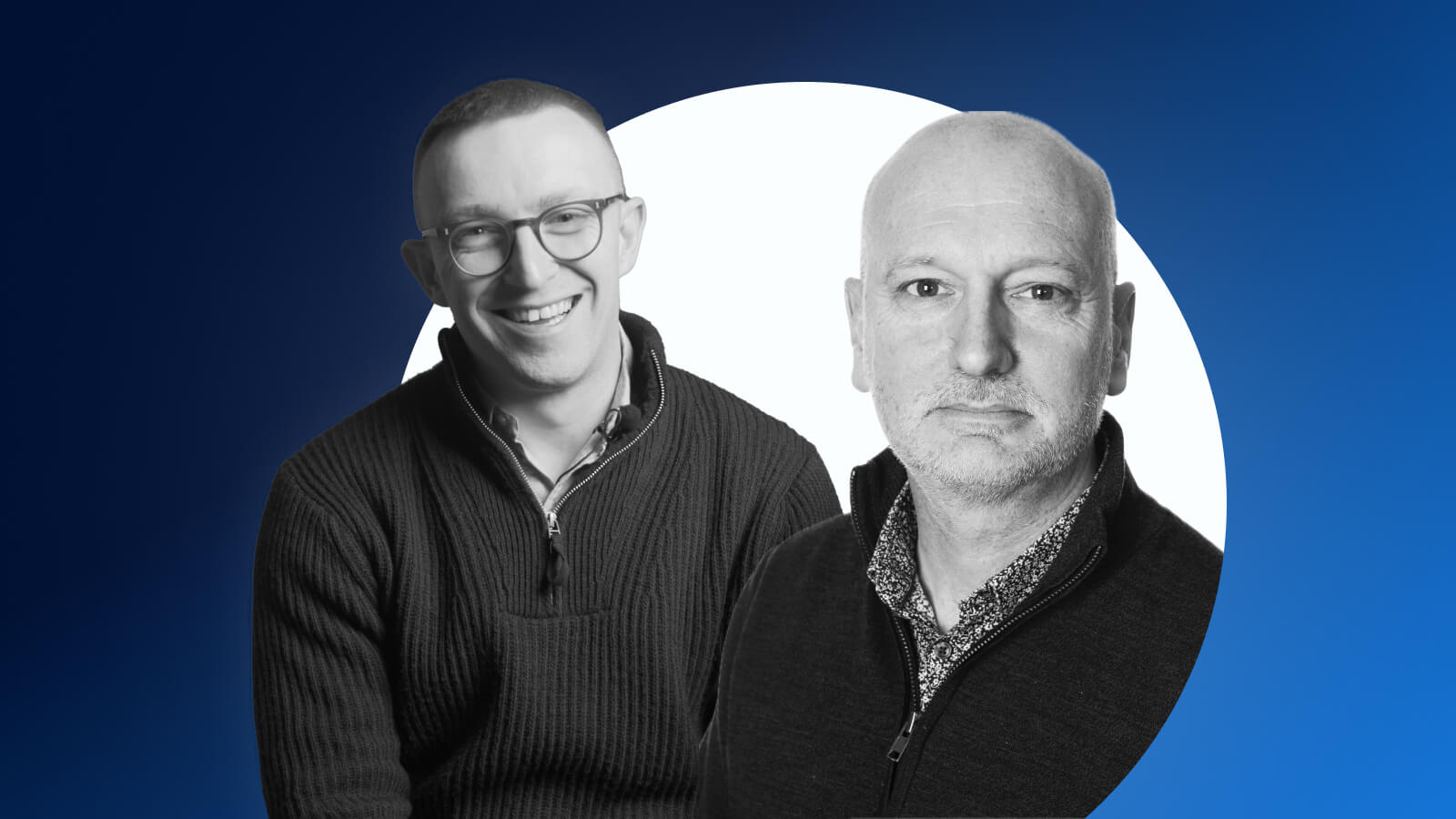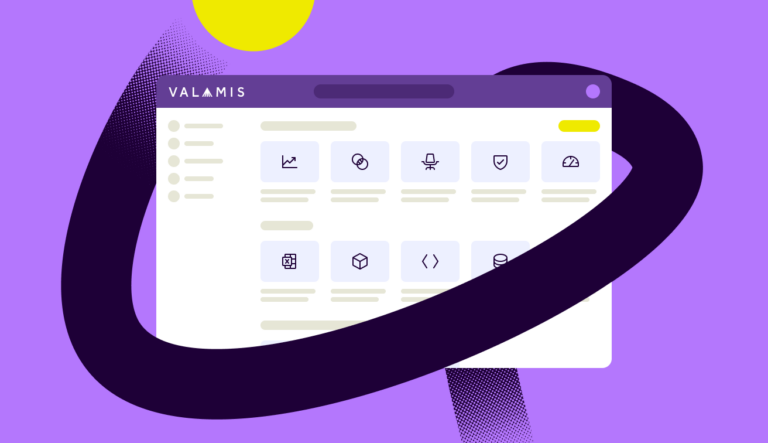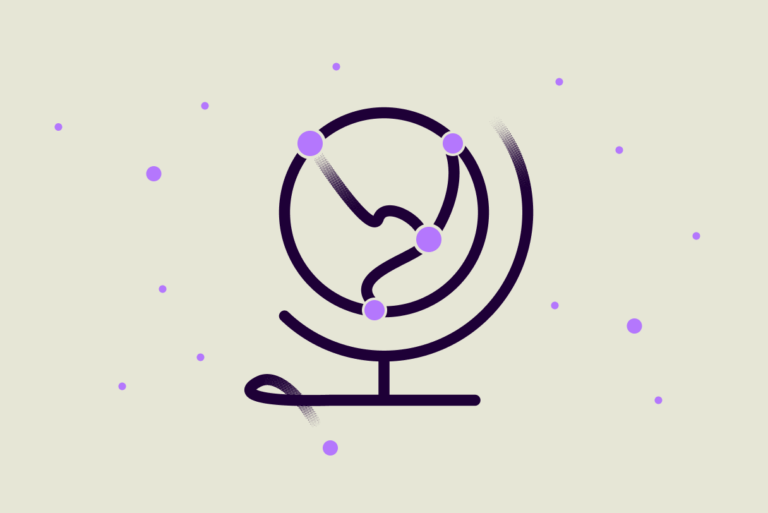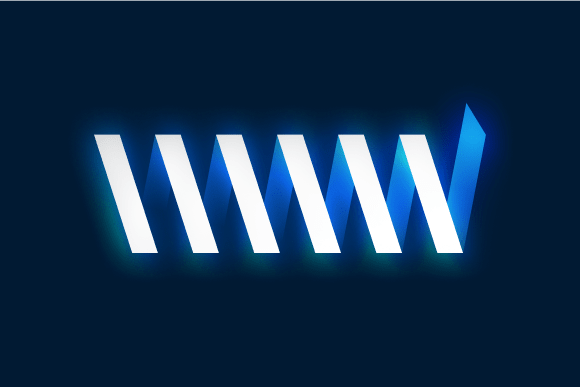Learning insights: discussion on data, experimentation, and business acumen for L&D professionals
Learn how to align the latest learning data trends with business goals and L&D efforts.

In a recent engaging video interview, Myles Runham (Senior Analyst at Fosway Group) and Rob MacAllister (Customer Success Director at Valamis) delved into the intricate dynamics of gathering and applying evidence in the Learning and Development (L&D) sector.
Through their conversation, they unravelled various themes including the significance of data literacy, the essence of experimentation, and the need for broader business understanding.
You can watch the entire video below, but for now, here are the key takeaways from their insightful discussion.
The learning insights from the L&D talk with Valamis & Fosway
1. Redefining intelligence and evidence gathering
- The duo elaborates on the importance of thinking beyond traditional ROI metrics to encompass broader evidence gathering. This includes considering anecdotal or conversational insights that can provide a different but valuable perspective on the learning landscape.
“I think there’s something helpful in maybe thinking a bit more broadly and a bit more open mindedly about what evidence and intelligence is as well.” – Myles
- The notion of experimenting and learning continuously was highlighted as crucial in understanding and improving the organizational learning ecosystem. This involves a mix of quantitative and qualitative data to inform decisions and strategies.
“…actually it’s not failure, if we experiment something and we can make a slight change, even if it is a 5% increase to someone’s productivity or an awareness about something.” – Rob
2. Embracing experimentation
- The dialogue underscores the essence of a product management approach characterized by a build, measure, learn cycle. This practice encourages testing and iterating based on user and business insights alongside technological considerations.
“That sense of build, measure, learn… brings those three elements together to understand your prioritization and then, sort of test towards what’s a priority.” – Myles
- Myles and Rob discussed various ways organizations could experiment, emphasizing that the context and capabilities play a significant role in determining the extent and method of experimentation.
3. Data literacy: a non-negotiable skill
- Being able to interpret and understand data was stressed as a crucial skill, especially for those moving into managerial roles within the L&D space. Rob highlights the simplicity yet importance of understanding basic charts and being able to tell a story from data.
“The first one is to become very familiar with data… being able to look at a very basic chart and understand what is the story to tell here.” – Rob
- He also mentions that having a foundational awareness of business insights, possibly through resources like the Financial Times, can significantly bolster one’s ability to engage in educated discussions with clients or stakeholders.
Explore how Valamis can assist you with understanding the data and increasing the learning impact.
4. Broader business understanding
- The discussion also touched on the importance of understanding business dynamics beyond one’s immediate function or organization. This encompasses awareness of sectoral trends, competitor moves, and global business dynamics which can inform and enrich the L&D strategies.
“…understand those business dynamics more broadly than your own function, but also more broadly than your organization, your business.” – Myles
- Engaging in wider business discussions, testing ideas through conversations, and having a good grasp of external business environments were suggested as ways to enhance one’s ability to contribute meaningfully in the L&D space.
“…buy the Financial Times Weekend. It is less than £5 every weekend… it is invaluable to be able to get a high-level overview of what’s going on within various industries…” – Rob
Additional reading: Connecting Your Learning Data to Your Business Success
5. Tangible tips for L&D professionals
- Rob shares an intriguing practice from Amazon, where a press release is written before pitching a new project. This reverse-engineering helps in understanding and communicating the end goal clearly.
“…they (Amazon) have to write the press release first. So, you reverse engineer it and go, this is what it will do, and this is exactly who it will be for.” – Rob
- Myles also shares a practical example of an advertising client who promoted free webinars on selected topics as a market testing exercise, showcasing a real-world application of the experimentation concept.
Additional reading from Rob: Learning and Development Trends 2023 and Beyond
6. Future-forward L&D practices
- The conversation hints at the evolving nature of L&D practices, with the adoption of advanced tools like large language models and AI, expected to transform data analysis and decision-making processes in the near future.
- Through their conversation, Myles and Rob offer a holistic view of the evolving L&D landscape. Their discussion serves as a reminder of the critical need for continuous learning, experimentation, and the ability to glean insights from both data and broader business environments to navigate the complex yet exciting world of Learning and Development.
Recommended white paper: Your Definitive Guide to AI in Corporate Learning




